A wandering mind is an uneasy mind. When our attention is split between many things or when we can't focus on what's right in front of us, we feel anxious and uncomfortable. This result is shown through direct experience as well as through scientific studies. The Center for Healthy Minds includes attention as one of the four attributes of well-being. The good news about their research: These components of well-being are skills that can be cultivated. Attention can be cultivated and trained.
I'm grateful mindfulness has made its way into schools. Though attention is a vital skill, I was never taught or trained on how to pay attention. I remember teachers barking at the class, "Pay attention!" Exactly how do we do this? I was lucky to be in sports, not just participating but fully loving the experience. I quickly realized that paying attention made me a better player. But not everyone comes to this realization on their own. Meditation is both a mind and heart training. Basic mindfulness exercises help us pay attention, if only for a few moments.
When we're engaged in our senses, we're more present (not lost in the movie of our mind). Breath is the most common "anchor" for attention training. But sound meditation is a beautiful practice, too. If you're curious about mindfulness—if you want to practice in an accessible way—listen to this short bell meditation:


